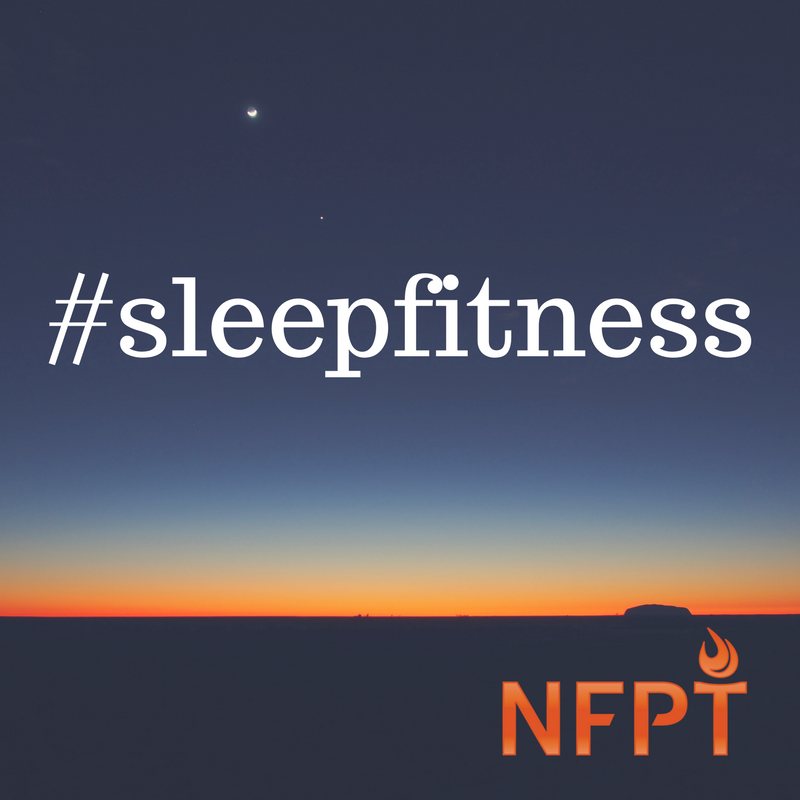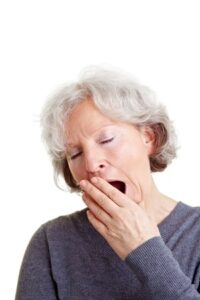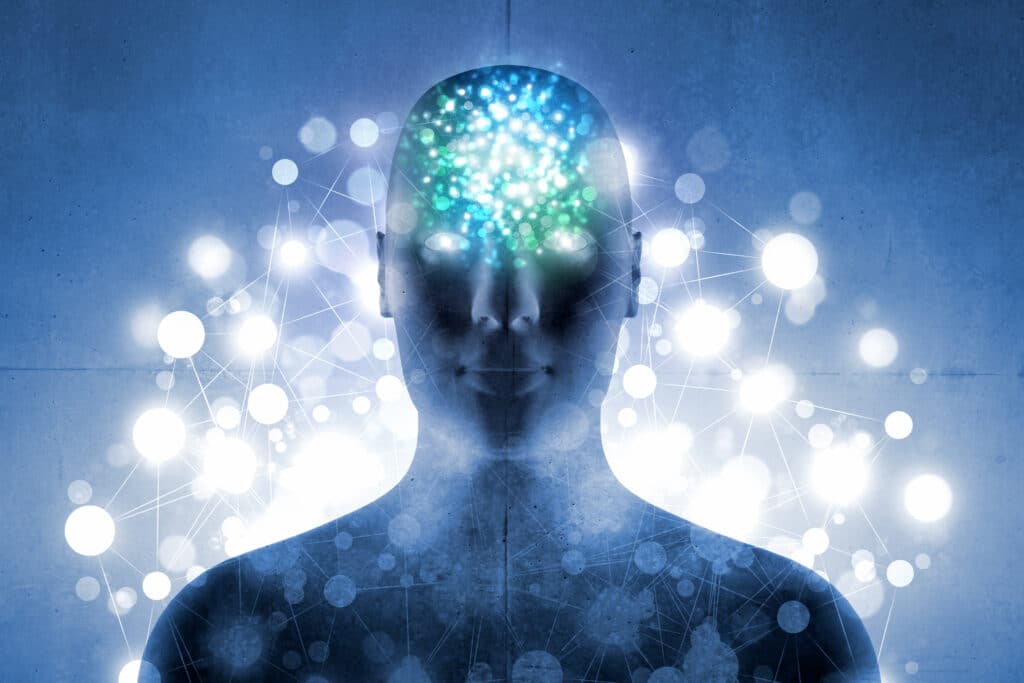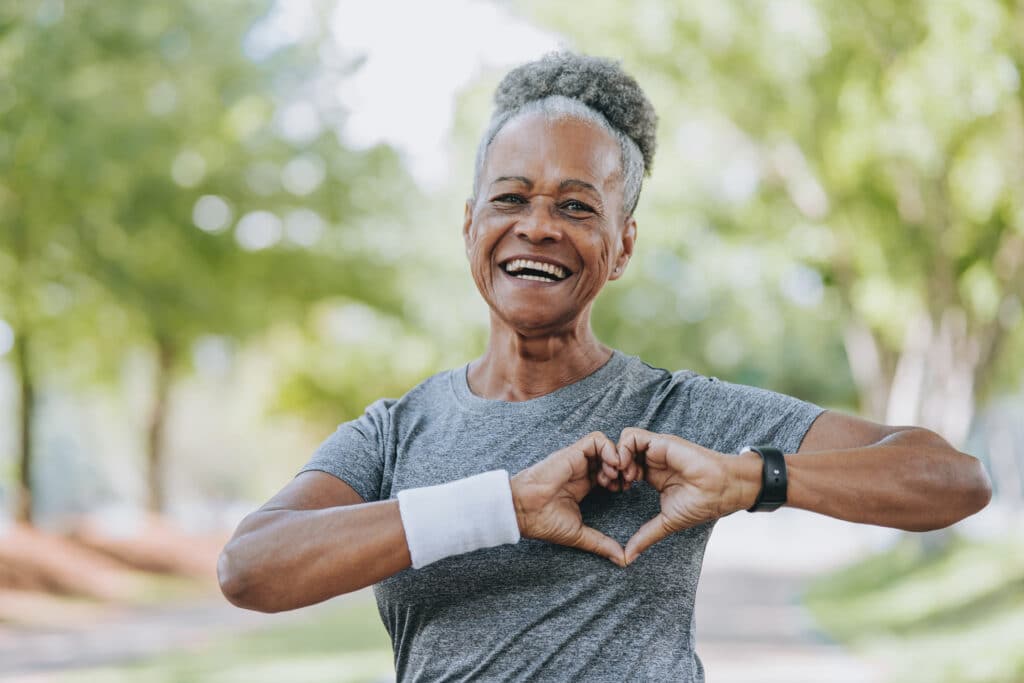Sleep seems intuitive and natural, but it’s a huge struggle for many people – even if they don’t acknowledge it. Including sleep as part of a multi-dimensional approach to fitness sets you apart as a professional. Making sleep as important as eating and exercise can get people to their health goals with more ease and speed. Sleep and lack of sleep impact progress toward fat loss, muscle gain, and the motivation necessary to change and maintain behavior change, making achieving sleep fitness as vital as exercise fitness.
Sleeping, eating, and drinking have a relevant relationship that’s worthwhile exploring.
Addressing sleep fitness with clients can be as simple as asking them how they slept the night before your session together or including a few questions on the health history form.
You can dive deeper into sleep habits by encouraging clients to track sleep with a journal. You don’t have to be a sleep specialist to make this suggestion and guide better choices. Many people will know what needs to change after keeping track for a week or so – just like with food journals.
Why Sleep is Important
Sleep used to be a mystery, but it is now known to be the necessary foundation for optimal function of all body systems. Sugar, caffeine, and other energy supplements aren’t necessary when healthy sleep habits are practiced. Solid sleep has no side effects – just a plethora of benefits for the body and mind.
Sleep science is an emerging topic in the fitness industry and one to pay attention to. Circadian rhythm and hormones like cortisol, adenosine, and melatonin are the basis for sleep science concepts. Understanding how these physiological components impact our sleep life and waking life is the foundation needed to improve health from the inside out.
If cortisol is too high or low at the wrong times it has a ripple effect throughout the body systems. When melatonin isn’t released on a regular rhythm in full force we don’t fall asleep and stay asleep the way we would expect. Adenosine, the sleep hormone is antagonized by caffeine consumption creating a false sense of energy and an eventual crash or dependency.
Become more aware and knowledgeable of sleep physiology in Episode 17 of NFPT Live: Sleep Secrets and Science for Your Fitness Business.
How to Help Clients Sleep Better
Clients don’t always want to know about the science behind health habits, but they do sometimes need the proof before wanting to make a change. So, share the details as much as necessary. But, then move on to strategies for change.
There are many sleep habits that can be altered to improve what happens at night. In Episode 18 of NFPT Live: Sleep Secrets and Solutions for Your Fitness Business you will find the foundations for healthy sleep habits and can help clients choose where to begin on the journey to better sleep and health.
Sleep Deprivation and Disorders
Even with the best intentions, sometimes there are roadblocks standing in the way of better sleep. Sleep apnea and restless leg syndrome are two underlying conditions that can make sleep more challenging to obtain than it already is. Snoring, grinding teeth and incontinence are other issues that may prevent deep, continuous sleep.
Investigating the possibility of sleep disorders with your clients and referring them to a physician is part of your role as a personal trainer. So is bringing up the subject of sleep in the first place.
If a client isn’t making progress with your exercise and nutrition recommendations or hits a plateau, explore stress and sleep patterns. If a client seems overtired, stressed, or unmotivated – investigate sleep habits.
It’s time to acknowledge the role sleep plays in resistance training, cardiovascular health, and healthy eating choices. Get the conversation going in your community.
References
Walker, Matthew. 2017. Why We Sleep. New York, NY: Scribner.
University of Michigan Sleep Course on Coursera.




